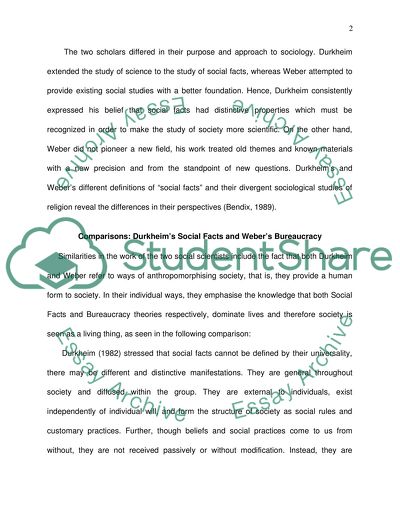Cite this document
(Durkheims Social Facts with Webers Bureaucracy Coursework, n.d.)
Durkheims Social Facts with Webers Bureaucracy Coursework. Retrieved from https://studentshare.org/social-science/1553805-compare-and-contrast-the-concepts-of-durkheims-social-facts-with-webers-bureaucracy
Durkheims Social Facts with Webers Bureaucracy Coursework. Retrieved from https://studentshare.org/social-science/1553805-compare-and-contrast-the-concepts-of-durkheims-social-facts-with-webers-bureaucracy
(Durkheims Social Facts With Webers Bureaucracy Coursework)
Durkheims Social Facts With Webers Bureaucracy Coursework. https://studentshare.org/social-science/1553805-compare-and-contrast-the-concepts-of-durkheims-social-facts-with-webers-bureaucracy.
Durkheims Social Facts With Webers Bureaucracy Coursework. https://studentshare.org/social-science/1553805-compare-and-contrast-the-concepts-of-durkheims-social-facts-with-webers-bureaucracy.
“Durkheims Social Facts With Webers Bureaucracy Coursework”. https://studentshare.org/social-science/1553805-compare-and-contrast-the-concepts-of-durkheims-social-facts-with-webers-bureaucracy.


